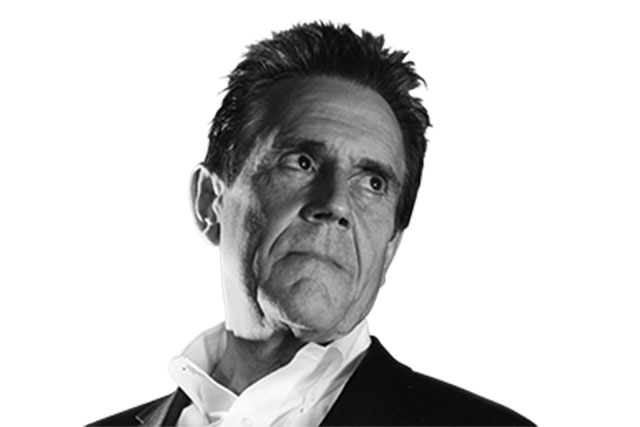Frances Kelsey got her medical degree in Chicago.
In 1960, she got a job at the Food and Drug Administration (FDA).
The job was reviewing new drugs before they were put on sale.
Pretty much a rubber-stamp process.
All the drugs had been checked by the companies first, so they’d already been tested.
Frances Kelsey got an easy job for her first assessment.
It was a drug already on sale in Europe, Australia, and Japan.
Twenty-one countries had already approved it. In Germany it didn’t even need a prescription.
It was for pregnant women, to help stop morning sickness.
It was a formality for Frances Kelsey to approve it for sale.
But she didn’t.
Although it was her first job, she wasn’t happy with the backup material.
She refused to approve it without more data on side effects.
The drug company, William S. Merrell, couldn’t believe it.
They had warehouses full of the drug, ready to distribute all across America.
Who did this new employee think she was, insisting on data no one else had asked for?
She was as stubborn as a mule, and the drug company said so.
Their executive, Dr Joseph Murray, wrote to her superiors.
He described her as "a petty, unreasonable bureaucrat".
But her superiors backed her.
It was her job and they wouldn’t overrule her, they said.
And for the next year and a half she refused.
However much pressure the drug company applied she refused.
They wouldn’t, or couldn’t, supply the results she wanted, so she refused to approve the drug for sale.
And she was proved right.
The drug was sold in Europe under the trade name Thalidomide.
In 1961, in Germany, it was found that 5,000 mothers of deformed children had taken the drug when pregnant.
In the rest of the world, 10,000 mothers of deformed children had taken the drug.
Deformities like: arms, legs, eyes, hearts, blindness, and deafness.
The drug was immediately removed from sale around the world.
Everywhere except the USA.
It didn’t need to be removed there, because they were the one country that hadn’t allowed it to be sold.
Because Frances Kelsey had been so stubborn.
Despite all the pressure, despite her lack of experience.
The Washington Post said: "Kelsey prevented the birth of hundreds, indeed thousands, of armless and legless children".
President Kennedy gave Francis Kelsey the President’s Award for Distinguished Federal Service.
Only the second woman ever to be given it.
She was made head of the FDA’s Office for Scientific Investigations.
The law was immediately changed in line with her recommendations.
She advised other countries, including the UK, on how to impose stricter laws.
All because she didn’t bow to pressure and refused to be bullied or humiliated, although she was new to the job.
What we can learn from Frances Kelsey is not to get swept along with the crowd.
Not to be frightened to stand alone.
Sometimes the most powerful thing we can do is say no.
(This article was first published on CampaignLive.co.uk)

